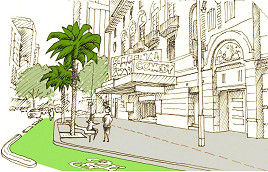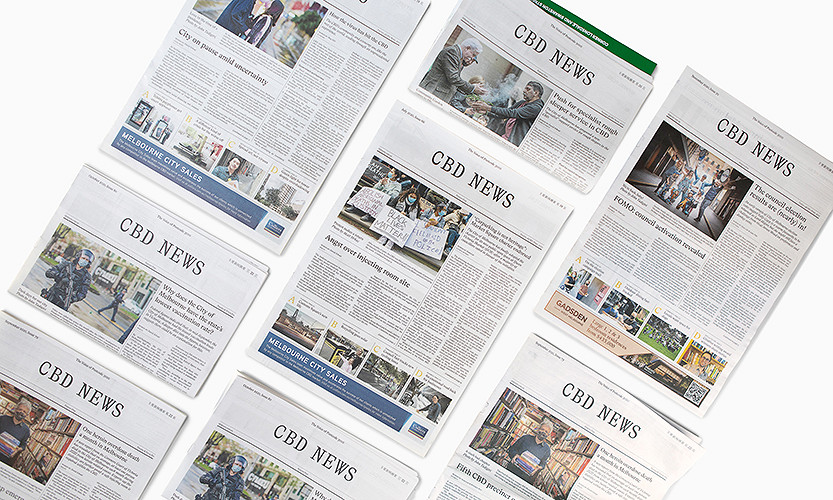Helping our fellow humans
By Major Brendan Nottle
Beneath the City of Melbourne FOMO ads and the public decorations from various quarters that, “The city is back, baby!”, the pain and scars caused by the ravaging of COVID-19 remains highly visible.
One in every four shopfronts in the CBD remains vacant. Foot traffic is, at best, spasmodic and mainstream media and social media commentators regularly refer to overflowing bins, rubbish strewn across the city and increased graffiti attacks as a sign that the city has far from recovered from the desolation imposed on it by the global pandemic.
But the one thing that has really caught my attention is the ongoing commentary that homelessness, particularly rough sleeping, is on the rise in the city.
It actually isn’t.
In June 2018, the City of Melbourne conducted a street count and found that there were 242 rough sleepers in the CBD. Last week, City of Melbourne officers indicated that there are currently 75 rough sleepers in the city. Our anecdotal evidence would support this.
So why the disparity in perception and reality? Is it simply because there are far less people accessing the city, hence rough sleepers are now far more obvious.
The other line of commentary that I have found interesting states that we should just get people somewhere to stay. “It’s only 75 people. Surely it can’t be that hard.”
On the surface, this commentary makes sense but when you dig a little deeper, you find that the issue of homelessness is far more complex.
Throughout the pandemic, the Victorian Government provided free hotel accommodation for those sleeping rough. Hundreds took up the offer, however, 30 to 40 remained on the streets despite us heading into a cold Melbourne winter and the city being in the grip of a global pandemic. There was an assumption that those people were offered accommodation, refused it, so agencies should focus their efforts elsewhere. However, when you have a conversation with this group of 30 to 40, you discover very quickly that homelessness is a by-product of something deeper. Their homelessness has occurred because of complex mental health issues, addictions, family violence or unresolved trauma. So, when we talk about resolving homelessness by simply providing more roofs over people’s heads, we need to understand that surely, we are kidding ourselves.
It’s important to note that no government or agency in the world talks about ending “houselessness”. The word used is always, “homelessness”. This is deliberate, intentional and strategic. There is a global acknowledgment that people do not just need a roof over their heads. Rather, for people to be fully human, they need a home which is safe and secure. They also need a place where they can retreat, rest, recover and recreate. And importantly, it needs to be a place where they can access the supports that they need to help them address the drivers for their homelessness. It also needs to be support that will help them heal and once again become productive members of the community.
A key part of that support must include opportunities to build and rebuild connection with others and to become part of supportive communities.
People that are homeless are not simply an inconvenience to the housed or just another statistic.
They are human beings, just like the rest of us.
As such, we must, as a community, do all we can to help them feel and be just that – human beings – no matter what the cost.
If you would like to support the work of The Salvation Army in the City of Melbourne please donate via the following link: digitaldoorknock.salvationarmy.org.au/t/melbourne-salvos-project-614 •

Council endorses office tower at Flinders Lane despite querying car park demolition



 Download the Latest Edition
Download the Latest Edition